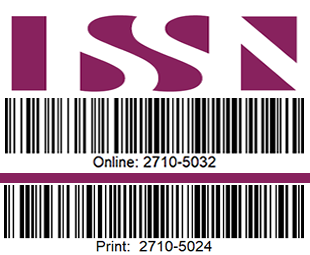War And Peace in Islam: An Analytical Study of Khalifa Abdul Hakim’s Thought
Keywords:
War, Peace, Jihad, Khalifa Abdul Hakim, Radd Fitna Fasad, Islamic Ideology.Abstract
Contemporarily, no part of the earth is now without War and Peace. So it is quite obvious that, to handle these situations, there should be some idea or thinking. This paper reveals the Islamic idea about “War and Peace” which is described by a 20th century critic, philosopher and researcher Dr. Khalifa Abdul Hakim (d. 1959AD). In the analytical study of his narrative from the book “Islamic Ideology”, many attributes come to the scene just like as, he clarifies beautifully about the soft spread of Islam without any sword. He also compared the idea of war and peace in other religions as he negated the impracticable notions of non-killing (Ahisma) in the Non-Semitic religions. The author elaborated that the Christ laid down a great emphasis on the eradication of evil by force, as he seemed using the ‘scourge’ against money-lenders. He elaborates the basics and beauty of war in Islam because it is only permitted only in some specific circumstances as for the security of creed and its followers. It would be only for the killing for justice and to eliminate Fitna and Fasad. Islam ensures the welfare of the defeated people and their assets. Therefore, the Islamic concept of war is only for peace making, eradication of evil and welfare of the masses.













